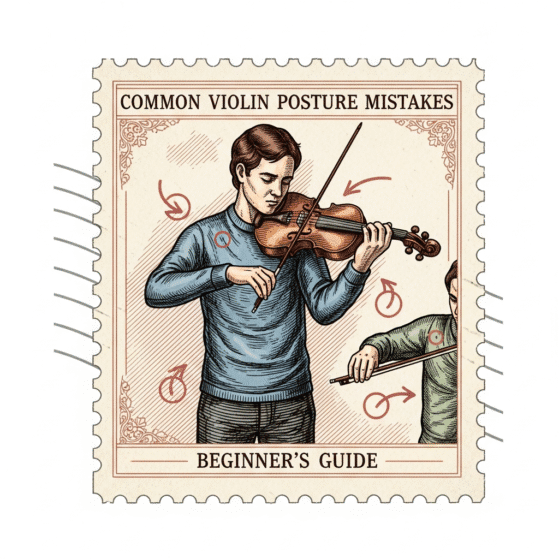Building Confidence as a Worship Leader
Being a worship leader is both a profound privilege and a significant responsibility. The role demands not only musical talent and leadership skills but also a deep sense of confidence to inspire and guide others in worship. Building confidence as a worship leader involves several key strategies that can enhance your effectiveness and help you lead with assurance. Here’s an in-depth look at how to cultivate and maintain confidence in this important role.

Understand Your Purpose
At the heart of every confident worship leader is a clear understanding of their purpose. Your role is to facilitate worship, help others connect with God, and guide the congregation in spiritual expression. Embracing this purpose can provide a solid foundation of confidence. Reflect on the impact of your leadership, and remind yourself regularly of the spiritual significance of your role. This can help you stay focused and grounded, even when facing challenges.

Know Your Strengths and Weaknesses
Self-awareness is crucial for confidence. Identify your strengths—whether they are musical skills, leadership qualities, or the ability to engage and motivate others. Equally important is recognizing areas for improvement. Understanding both your strengths and weaknesses allows you to leverage your abilities effectively while working on areas that need growth. Regularly seek feedback from trusted mentors, peers, or congregation members to gain insight into how you can further develop your skills.

Prepare Thoroughly
Preparation is key to confidence. The more prepared you are, the more confident you will feel. This involves not just knowing the music but also understanding the flow of the service, being familiar with the congregation’s preferences, and planning how to handle potential challenges. Practice regularly and rehearse the songs, transitions, and any spoken parts thoroughly. Preparation reduces the likelihood of unexpected issues and helps you feel more in control.

Develop Strong Communication Skills
Effective communication is essential for leading worship with confidence. This includes not only speaking clearly and engagingly but also listening actively to your team and congregation. Develop your ability to convey messages clearly, whether through announcements, prayers, or exhortations. Practice speaking in public settings, and seek opportunities to enhance your communication skills through workshops or training.

Build a Supportive Team
A strong team can bolster your confidence. Surround yourself with a supportive and reliable team of musicians, singers, and volunteers. Build relationships with them based on trust and mutual respect. A well-coordinated team can share the load, provide encouragement, and offer constructive feedback, all of which contribute to your overall confidence.

Practice Self-Care
Confidence is also influenced by your overall well-being. Take care of your physical, emotional, and spiritual health. Regular exercise, a balanced diet, sufficient rest, and stress management can all impact how confident you feel. Engage in activities that rejuvenate your spirit and keep you connected with your own faith journey.

Embrace Vulnerability
Confidence doesn’t mean being flawless. Embracing vulnerability can actually enhance your leadership. Be honest about your challenges and learn from mistakes. Acknowledging your imperfections and showing how you overcome them can be powerful for both you and your congregation. It fosters an environment of grace and authenticity, which can strengthen your connection with those you lead.

Celebrate Small Wins
Acknowledge and celebrate small victories along the way. Whether it’s a successful service, a positive comment from a congregation member, or personal growth in a specific area, taking time to recognize these achievements can boost your confidence. Reflect on these moments and use them as motivation to continue striving for excellence.

Seek Ongoing Learning and Growth
Confidence grows through continuous learning and personal development. Attend workshops, read books, and engage in training relevant to worship leading. Stay updated with new worship practices, musical trends, and leadership strategies. The more you invest in your growth, the more confident you will become in your role.

Pray and Seek Divine Guidance
Ultimately, confidence as a worship leader is deeply intertwined with your spiritual life. Regularly seek God’s guidance and strength through prayer. Trust that God has equipped you for this role and is with you every step of the way. Rely on your faith to bolster your confidence and provide reassurance during challenging moments.

Conclusion
Building confidence as a worship leader is a multifaceted journey involving self-awareness, preparation, effective communication, and ongoing personal growth. By understanding your purpose, leveraging your strengths, preparing thoroughly, and surrounding yourself with support, you can lead with assurance and inspire those you serve. Remember, confidence is not about being perfect but about leading with authenticity, grace, and a deep sense of purpose. As you continue to grow in your role, your confidence will naturally evolve, enhancing your ability to lead worship effectively and meaningfully.








